
Successful CRISPR Gene Therapies in Practice: Case Studies
Presenting real-world examples of CRISPR gene therapies that have been successfully implemented, highlighting patient outcomes and lessons learned.

Presenting real-world examples of CRISPR gene therapies that have been successfully implemented, highlighting patient outcomes and lessons learned.
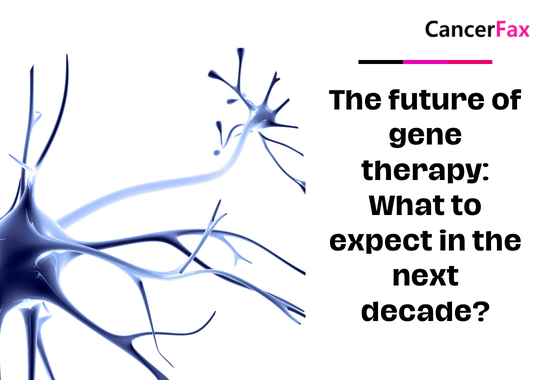
Gene therapy Gene therapy, which means changing genes to cure or avert diseases, has progressed significantly in the last number of years. The future of
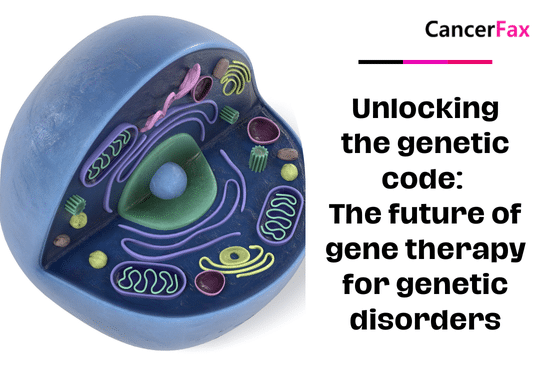
Gene therapy has typified the revolution in medicine that gives hope to various genetic disorders. This advanced treatment stops, and sometimes even reverses, the progress of a disease by the direct repair and replacement of defective genes. Trials and ethical dilemmas aside, this talent for transformation puts gene therapy right at the threshold of new frontiers in genetic medicine where inherited diseases might be eradicated altogether someday.
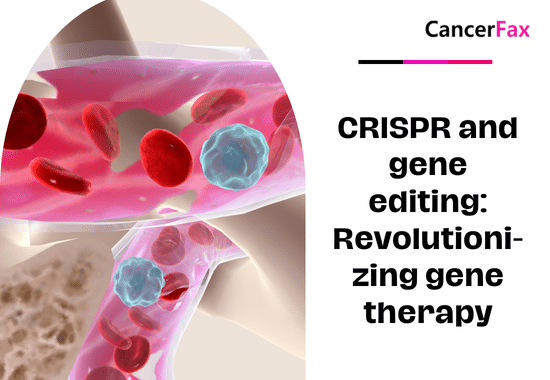
This makes the CRISPR-Cas9 technology one of the most potent tools known in gene therapy for very accurate, efficient, and versatile genome editing; it has huge potential to treat genetic disorders, cancers, and viral infections in patients by correcting the mutation and enhancing immune responses. Success stories include treatments for sickle cell disease and beta-thalassemia. Although not free from off-target effects and other such ethical concerns, the potential of this gene editing tool—popularly known as CRISPR—for transforming medicine and agriculture into what is presently unimaginable is huge, and opens up a totally new frontier in genetics.
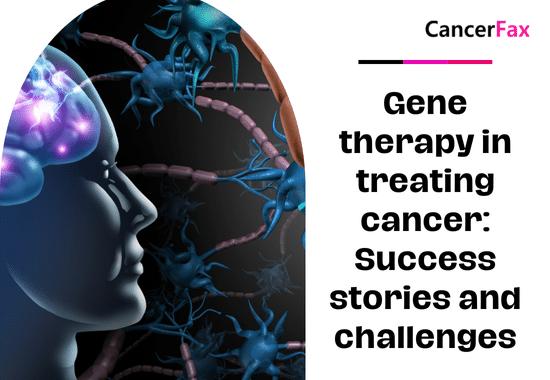
Gene therapy is shifting concepts in cancer treatments from genes to boosting immune responses. The success stories are CAR-T cell therapies like Kymriah against leukaemia, and oncolytic viruses, notably T-VEC, launched against melanoma, where remarkable efficacy has been recorded. Challenges still exist over vectors, safety concerns, and high costs. Difficulties aside, continued research and continuous technological development nonetheless see hopes for more effective, personalized cancer therapies.
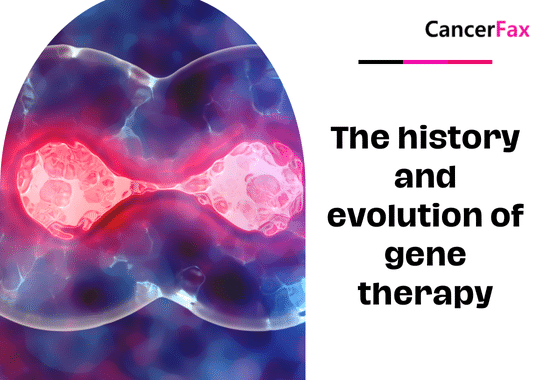
Gene therapy has truly traveled a distance—from its conceptual roots dating back to the mid-20th century to its modern claim to fame with CRISPR technology. 1990 was marked by the first human trial—a really milestone one, while it had setbacks, including the botched Gelsinger case in 1999. Then, there were the recent successes with Luxturna and Zolgensma. With improving technology, gene therapy stands poised to alter the face of treatment for genetic disorders, bringing an era of precision medicine.
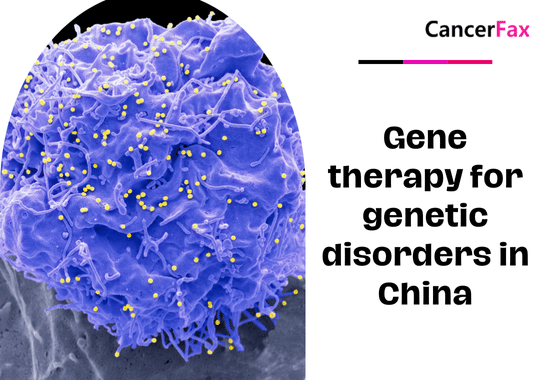
Gene therapy in China is rapidly advancing because of massive investment in research and development. Equipped with state-of-the-art technology, such as CRISPR-Cas9, Chinese scientists lead in the treatment of genetic disorders like hemophilia, thalassemia, and sickle cell anemia. With an already supportive regulatory framework and graced by international collaborations, China emerges among the global leaders in gene therapy, ushering in hope for effective and probably curative therapies against different genetic conditions.

FDA approval The U.S. Food and Drug Administration has granted Lenmeldy (atidarsagene autotemcel) approval. The FDA has approved this gene therapy as the first of

The FDA has approved a groundbreaking gene therapy to treat beta thalassemia, a genetic blood disorder that requires regular blood transfusions. This innovative therapy, called betibeglogene autotemcel (Zynteglo), uses a patient’s own modified stem cells to produce healthy red blood cells, reducing or eliminating the need for transfusions. The approval marks a significant advancement in gene therapy, offering new hope for those affected by this debilitating condition.
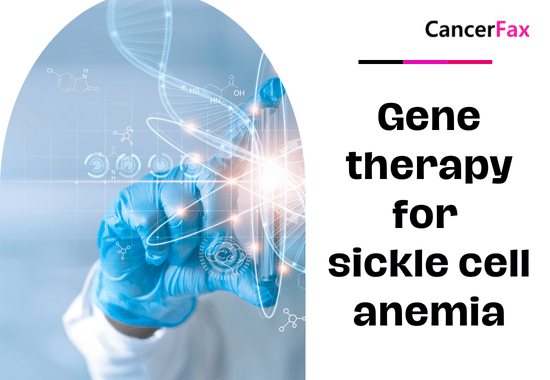
Gene therapy for sickle cell anemia offers a promising solution by targeting the root cause of the disease. This innovative treatment involves modifying the patient’s genetic code to correct the defective hemoglobin gene responsible for the condition. By introducing functional genes or editing the existing ones, gene therapy aims to produce healthy red blood cells, potentially providing a long-term cure and improving the quality of life for patients.
